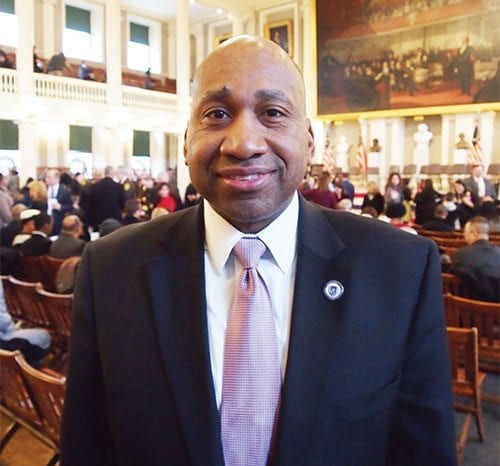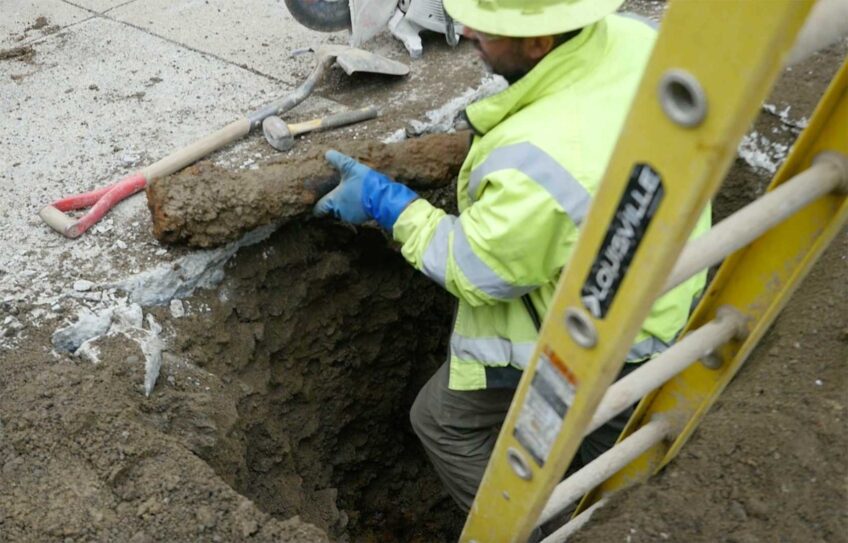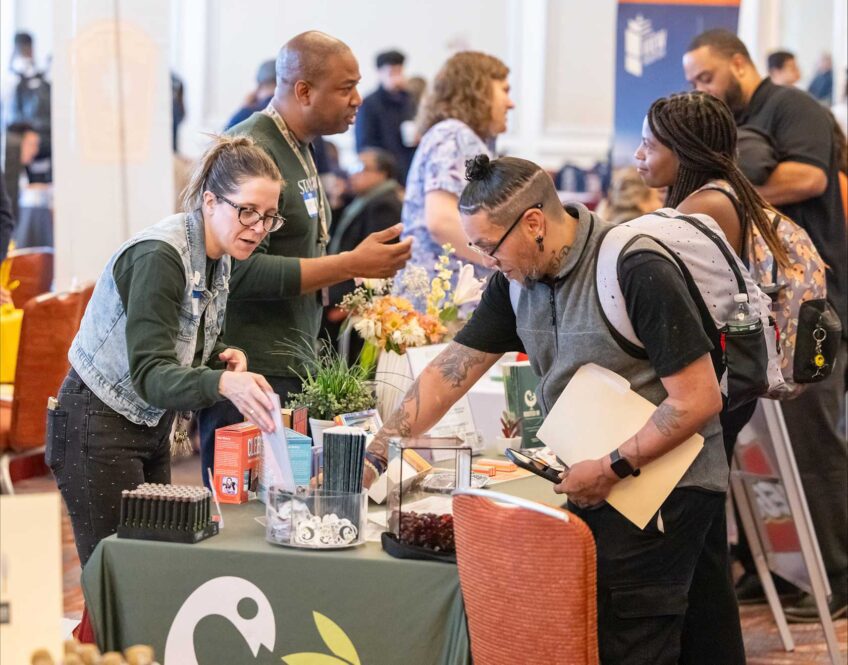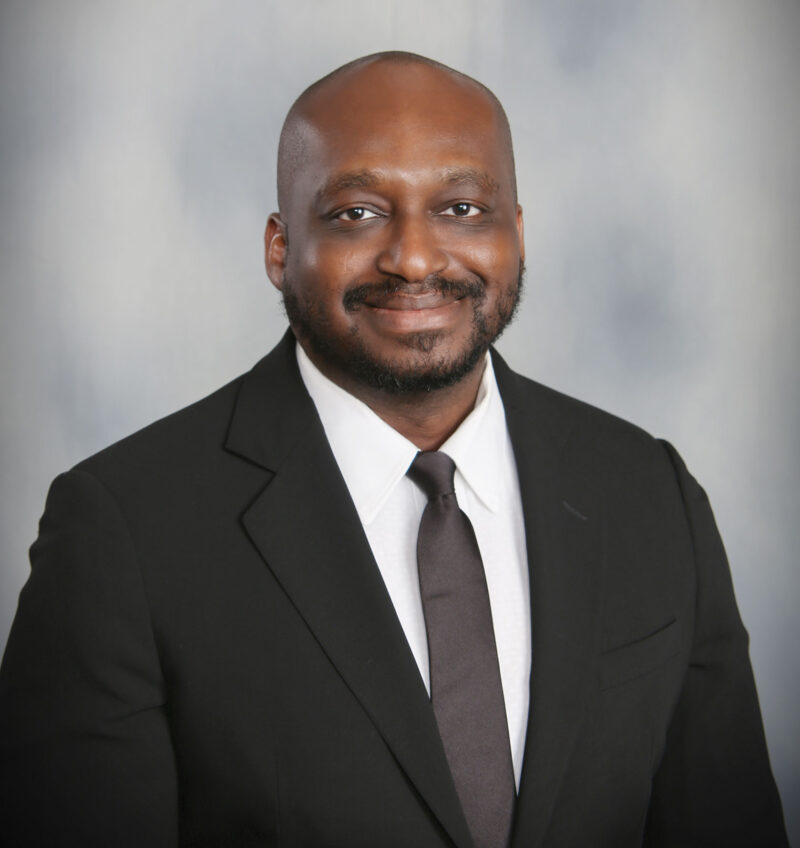
In 2017, the Massachusetts Black and Latino Legislative Caucus prioritized and pushed forward significant pieces of legislation, including sweeping criminal justice reform, police officer accountability and data collection, recreational marijuana provisions and greater flexibility for schools that teach English language learners. This year’s legislative session will see Caucus members continue the enactment of these bills and submit new policies that will improve the lives of residents of color.
In November, the House passed one of the biggest pieces of legislation this year, the criminal justice reform bill that would repeal some mandatory minimum sentences, give teenage offenders the opportunity to seal and expunge their criminal records, and put limits on the use of solitary confinement in state prisons, among other provisions.

Representative Russell Holmes

Senator Sonia Chang-Diaz
Continued criminal
justice work
In a phone conversation with the Banner, Rep. Russell Holmes said, “That was a great accomplishment because we’ve been advocating for this since five years ago and we’ve been able to see it progress substantially.”
Holmes believes that the rise of opioid addiction in the state has changed lawmakers’ minds on treatment versus punishment. “The opioid crisis has changed the perspective of many folks,” he said.
The bill is currently in conference period, Holmes noted, which allows for last-minute amendments. “The House and Senate are getting the pieces done to get it to the finish line,” he said.
Neither the Senate or House version of the criminal justice reform bill contained language mandating that police departments compile data on police stops of pedestrians and motorists by race, something Black and Latino Caucus members have long been advocating for.
Holmes said another priority for the Caucus is the Special Commission on Peace Officer Standards and Training, or POST. This bill, filed by Holmes and Rep. David Vieira, would create a commission to study and implement a POST system.
The POST bill was introduced after a police officer in St. Louis shot and killed a minor during a traffic stop. “This police officer had been moved from a previous department and had been seen as a concern but the new department was never notified,” said Holmes.
He added, “When you move from one police department to another, there should be background checks on how you performed in previous departments.”
Sen. Sonia Chang-Diaz said criminal justice reform will continue to be high priority in 2018.
“We will be able to circle back to it in the beginning of the year with fresh eyes,” she said.
In 2017, the Senate passed a bill that would ban the use of cellphones while driving — unless it’s through hands-free technology. “We want to add provisions on that about racial profiling data collection,” said Chang-Diaz. The House is currently still reviewing the bill.
Education, civil service
Chang-Diaz said she was also excited about the state legislature passage of An Act Relative to Language Opportunity for Our Kids, or the LOOK bill, allowing public schools the ability to deviate from the previously mandated Sheltered English Immersion model.
Since the establishment of the SEI model in 2002, educators and bilingual education advocates have argued that the learning technique was not conducive for all English learning students, many of whom are already marginalized for not being native English speakers.
Rep. Holmes said that in 2018, through his work with the Caucus, he will further push civil service reform. “State change needs to happen with civil service and veteran preference,” said Holmes. “Mayor Walsh gets criticized for the lack of diversity in the Boston Police and Fire Departments, and removing absolute preference for veterans could alleviate this,” he said.
Holmes said he wants civil service reform to change the residency requirement from one year to five years.
Cannabis equity
Last year, Caucus members added several provisions to legal recreational marijuana in Massachusetts including a bill introduced by Caucus members Rep. Byron Rushing and Rep. Aaron Vega that would require an automatic expungement of convictions for marijuana possession that are now legal.
Chang-Diaz said she, along with other Caucus members, agree with the provisions. “We were united in the conviction that since it’s going to be a legal industry, we need to make sure it’s done in a way that’s equitable and empowers communities, especially those negatively impacted by the war on drugs,” she said.
The Caucus would like to see a cannabis control commission that includes people that would represent community issues, said Chang-Diaz.
Help for Puerto Ricans
In the new year, Chang-Diaz said she would like to continue working with the Caucus to advocate for supplemental funding for school systems receiving new students from Puerto Rico post-hurricane, as well as housing and employment flexibility for Puerto Rican families.
The state budget will be particularly important to focus on this year, said Chang-Diaz.
“With the new Republican-proposed tax plan, our scarce funds dedicated to issues we care about might become even more scarce,” she said.

![Banner [Virtual] Art Gallery](https://baystatebanner.com/wp-content/uploads/2024/05/PFW_3-150x150.jpg)




